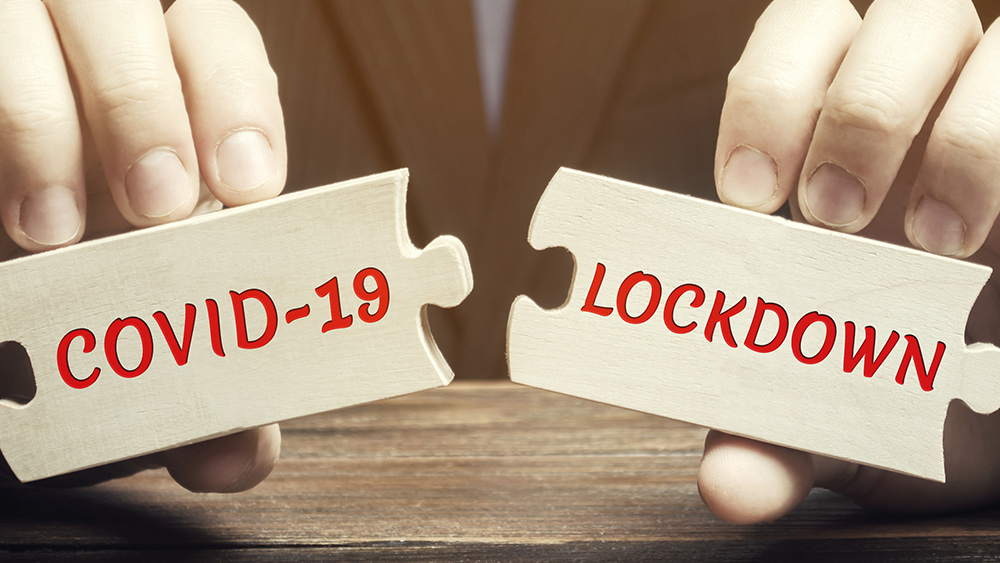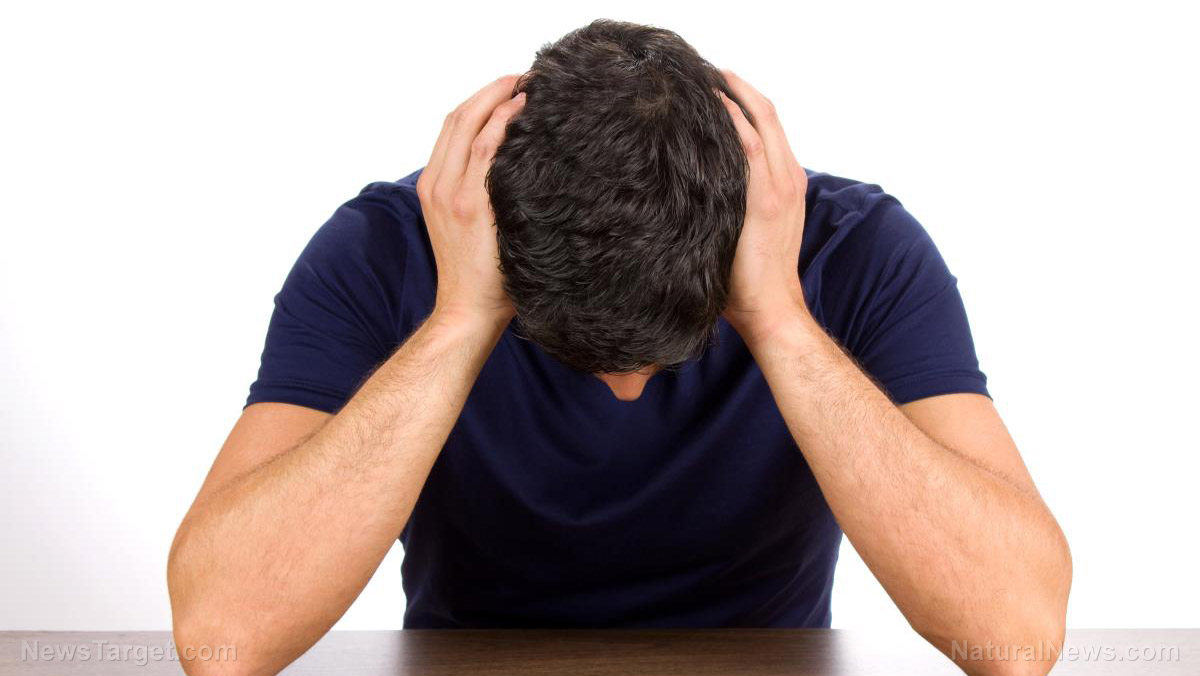Study: Exercise could be a “safer and quicker” treatment option for anxiety
12/17/2021 / By Zoey Sky

People with anxiety deal with a mental health condition that can affect them for the rest of their lives. And while there are medications for anxiety, most drugs are often linked to negative side effects.
There is no cure-all for the anxious thoughts and feelings related to this condition, but one study has shown that exercising regularly for at least three months can significantly reduce anxiety levels among patients. The study was published in the Journal of Affective Disorders.
Benefits of exercise for anxiety
Current therapies for anxiety include cognitive behavioral therapy (CBT), which can take a long time to take effect, and psychotropic medications that are linked to different negative side effects. To provide people with anxiety better therapeutic options, scientists from the University of Gothenburg set out to determine if regular physical activity can help minimize symptoms of anxiety. Through the study, the research team hopes to give patients with anxiety a safer and quicker treatment option for their condition.
Earlier studies have shown that exercise can help reduce the symptoms of depression, but a comprehensive overview of how fitness affects individuals with anxiety has yet to be established.
“Doctors in primary care need treatments that are individualized, have few side effects, and are easy to prescribe,” said study lead and corresponding author Maria Aberg.
For the study, the researchers worked with 286 people with anxiety disorder. The participants were chosen from medical centers in Sweden for the research, considered as one of the biggest ever conducted on the subject. At least 50 percent of the volunteers have had anxiety for 10 years or more. The average age of the group was 39 and 70 percent of the volunteers were female. The participants were randomly assigned to mild or vigorous group exercise classes for three months.
Compared to a control set that received guidance on physical exercise based on public health guidelines, the study findings showed that their symptoms were “dramatically reduced even when the illness was severe.” (Related: Beyond aromatherapy: How to use essential oils for natural healing.)
Results revealed that for the majority of the participants, their anxiety levels dropped from moderate to low after the three-month program. People who trained at a lower intensity were 3.62 times more likely to reduce their anxiety symptoms. Meanwhile, volunteers who trained at a greater intensity were 4.88 times more likely to reduce their anxiety symptoms.
Malin Henriksson, the study’s first author, said that there was “a significant intensity trend for improvement.” This means that the more intensely the volunteers worked out, the more their anxiety symptoms improved.
A physical therapist supervised one-hour workouts for the two groups three times per week. The workouts included cardiovascular and weight training. People who were in the 45-minute sessions started with a warmup. They then proceeded with circular exercise at 12 locations and ended the sessions with stretching and cooling.
Meanwhile, people in the moderate-intensity training groups were expected to attain 60 percent of their max heart rate, which is considered mild to intermediate intensity. This level of effort was considered high in the group that exercised more vigorously, which had to reach 75 percent of their maximal heart rate.
According to Aberg, regardless of intensity the model involving 12 weeks of physical training “represents an effective treatment that should be made available in primary health care more often for people with anxiety issues.”
Try exercising to manage your anxiety naturally
If you have been diagnosed with anxiety, staying physically active will offer many benefits for your overall well-being.
Here are some suggestions to get you started:
- Set small daily goals and aim for consistency instead of perfect workouts. For example, it’s better to walk or jog every day for 15 to 20 minutes instead of skipping some days and doing a three-hour routine over the weekend. Scientific data suggests that frequency is most important.
- Try activities like dancing, cycling, walking or jogging three to five times a week for at least 30 minutes.
- If you’re not used to exercising, look for fun activities that you can keep doing. If you are extroverted, try joining classes and group activities. If you are introverted, try solo activities like jogging or cycling.
- If exercising in a quiet room is boring, listen to upbeat music, audiobooks or podcasts.
- Look for an “exercise buddy.” When you exercise with a family member or a friend, it’s often easier to stick to your exercise routine. You and your exercise buddy can also help each other stay committed to the routine when you want to skip a day or two.
- If you’re used to a sedentary lifestyle, give yourself some time to adjust to your new exercise regimen. In most cases, sedentary people start to feel coordinated enough so that exercise feels easier after about four to eight weeks.
Watch the video below to learn more about other natural ways to reduce anxiety and stress.
Exercise regularly and follow a healthy lifestyle to manage anxiety symptoms naturally.
Sources include:
Tagged Under: alternative medicine, Anxiety, anxiety relief, exercise, mental health, natural cures, natural medicine, physical activity, physical health, remedies, research, therapies, treatments
RECENT NEWS & ARTICLES
COPYRIGHT © 2017 BEATDEPRESSION.NEWS
All content posted on this site is protected under Free Speech. BeatDepression.news is not responsible for content written by contributing authors. The information on this site is provided for educational and entertainment purposes only. It is not intended as a substitute for professional advice of any kind. BeatDepression.news assumes no responsibility for the use or misuse of this material. All trademarks, registered trademarks and service marks mentioned on this site are the property of their respective owners.



















